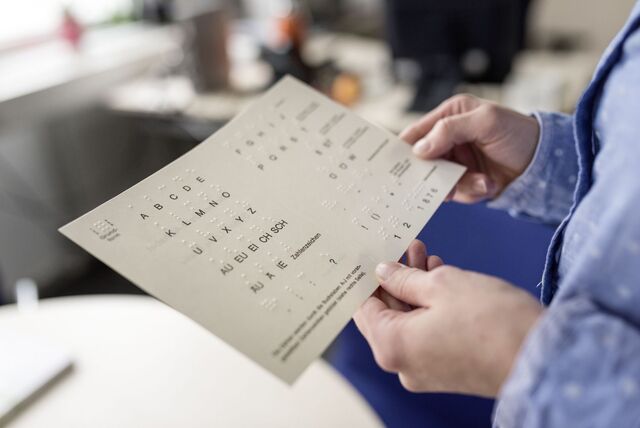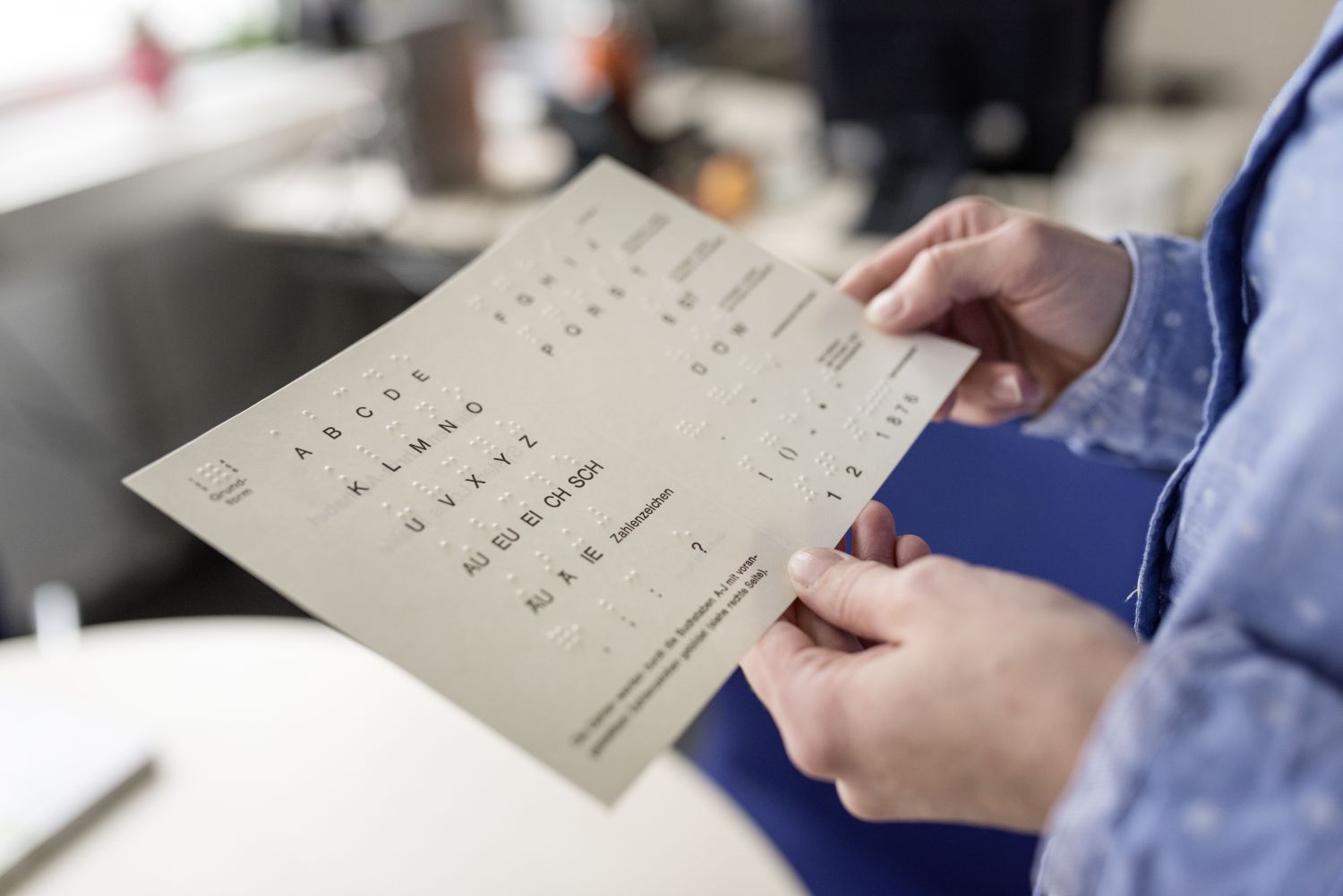The BAföG takes into account the special situation of students with disabilities through various provisions. A prerequisite for receiving BAföG is that the educational needs are not fully covered by the student's own income or assets or by the income of a spouse, registered partner or parents. A disability has an effect here because an additional hardship allowance is applied when determining the parents' income upon application. Not only a disability of the student is taken into account, but also that of a parent or another dependent family member.
Students who are older than 45 years of age at the beginning of their studies generally do not receive BAföG. Exceptions apply if there is evidence that the studies could not be started in time due to illness or disability.
In addition, if there is a serious reason, it is possible to receive funding beyond the maximum funding period. For this purpose, applicants must prove in each individual case by how much their studies have been prolonged due to their disability. As a rule, a medical certificate must be submitted. If funding is provided beyond the maximum funding period, BAföG is granted in full as a grant for this time, which does not have to be repaid.
When repaying, students with disabilities can apply for disability-related expenses to be taken into account. This increases the income limit up to which repayment is exempted.


